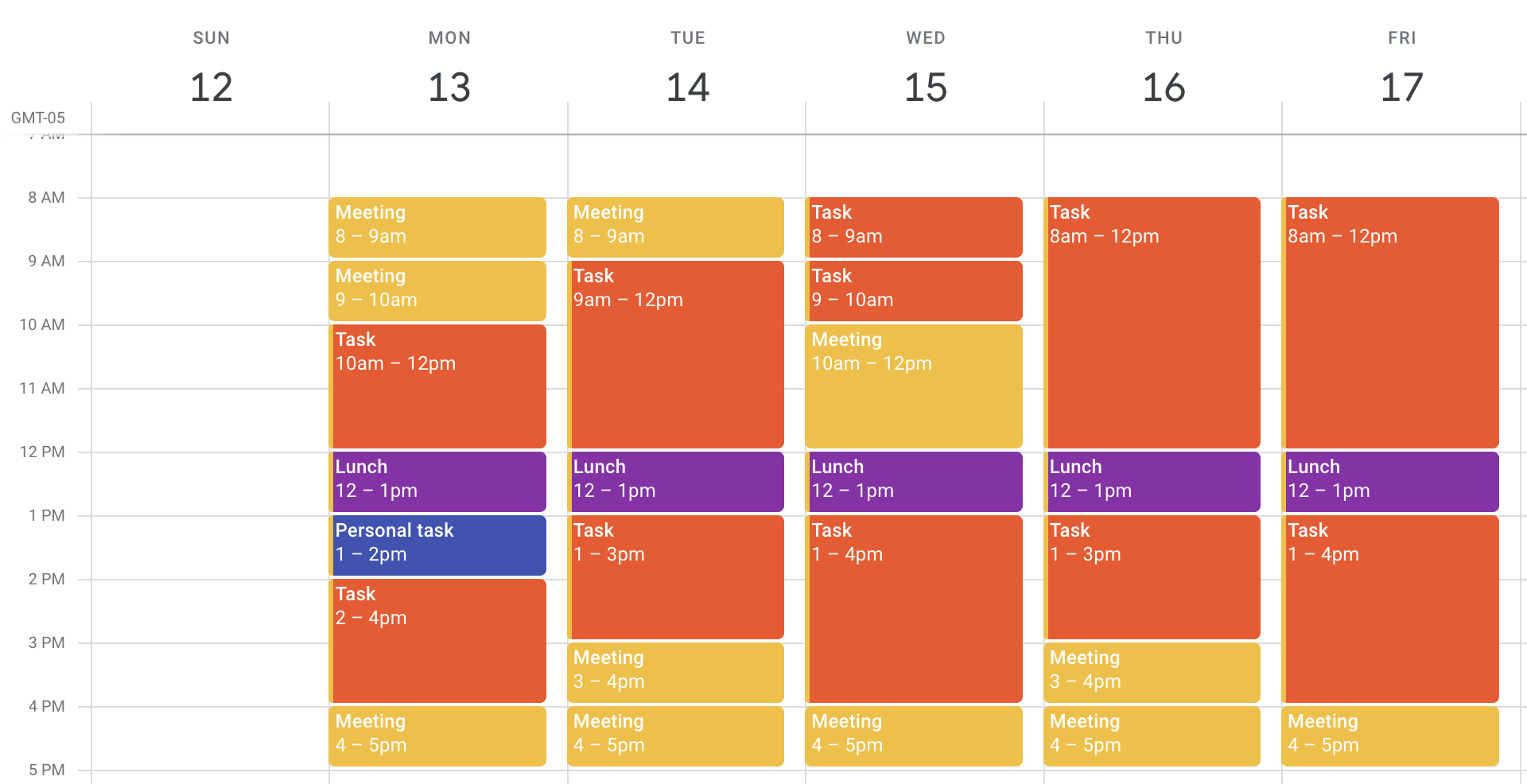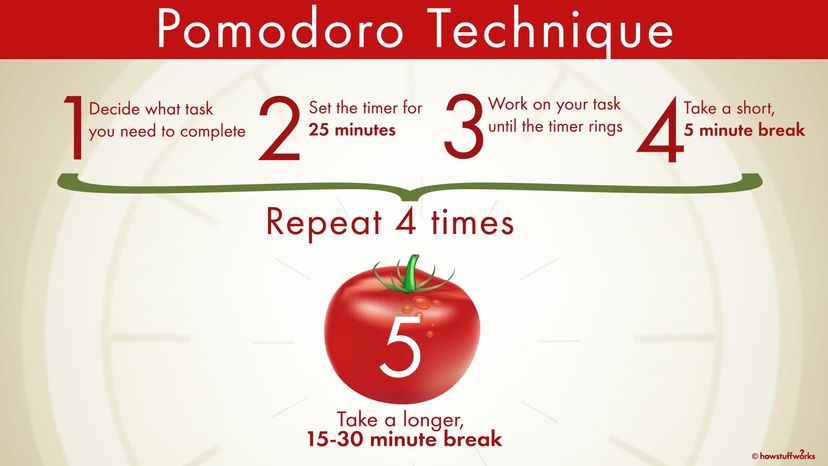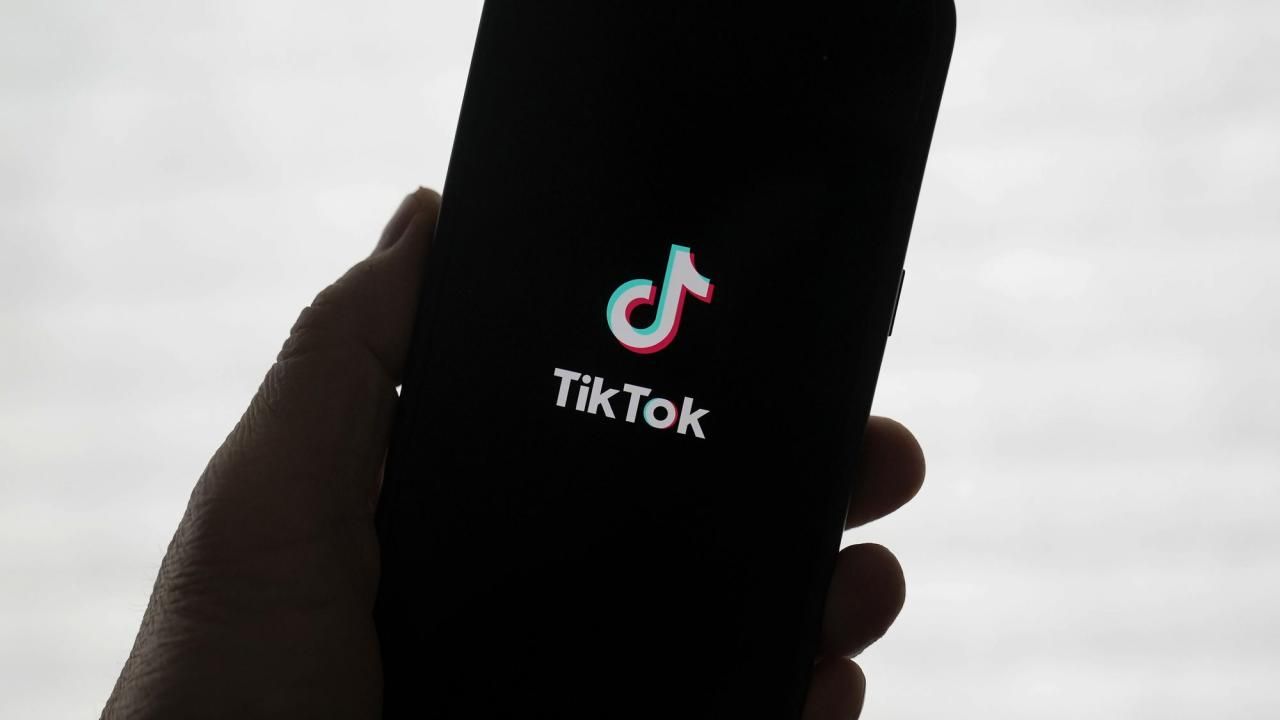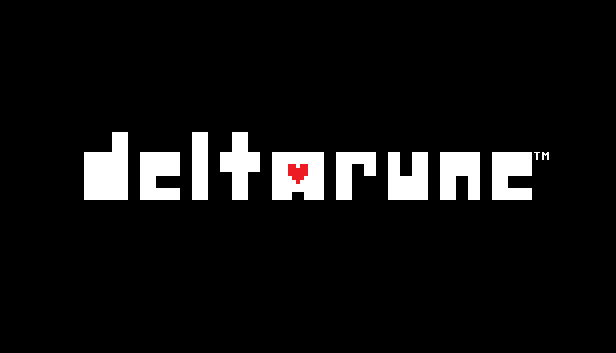Mastering Time Management: Strategies for a Productive Day
In today’s fast-paced world, managing your time effectively can feel like an uphill battle. Between work, family, and personal goals, the hours in a day can slip away before you know it. But the good news? Time management is a skill you can learn and master. Studies show that with the right strategies, you can boost productivity, reduce stress, and even make room for the things you love. Here’s a simple, research-backed guide to mastering time management and making your days more productive.

1. Prioritize Your Tasks with the Eisenhower Matrix

President Dwight D. Eisenhower famously said, “What is important is seldom urgent, and what is urgent is seldom important.” Based on this idea, the Eisenhower Matrix helps you divide tasks into four categories:
- Important and Urgent: Do these first (e.g., a work deadline).
- Important but Not Urgent: Schedule time for these (e.g., exercising or learning a new skill).
- Urgent but Not Important: Delegate these (e.g., replying to non-essential emails).
- Not Urgent and Not Important: Eliminate these (e.g., excessive social media scrolling).
This strategy is not only effective but also backed by psychology. A study from Harvard Business Review found that people who prioritize important but non-urgent tasks are more productive and less stressed.
2. Time Blocking: Plan Your Day Like a Calendar

Time blocking involves setting aside specific chunks of time for different activities. For example:
- 9:00 AM - 10:00 AM: Respond to emails
- 10:00 AM - 12:00 PM: Work on a major project
- 1:00 PM - 2:00 PM: Team meeting
Research from the Journal of Behavioral Decision Making shows that people who schedule their tasks are more likely to complete them. Plus, having a visual map of your day reduces decision fatigue and helps you focus on one thing at a time.
3. Follow the Two-Minute Rule

If a task takes less than two minutes, do it immediately. Whether it’s replying to a quick email or tidying up your workspace, these small actions prevent tasks from piling up. This rule, popularized by productivity expert David Allen, aligns with findings from the Zeigarnik Effect, which states that incomplete tasks occupy mental space and create unnecessary stress.
4. The Pomodoro Technique: Work in Short Bursts

This method involves working for 25 minutes, then taking a 5-minute break. After four cycles, take a longer 15-30 minute break. The Journal of Applied Psychology found that frequent, short breaks improve focus and prevent burnout.
Set a timer, work with full concentration, and reward yourself with a break. Apps like Focus Booster or Pomodone can help you stay on track.
5. Learn to Say No

One of the most powerful time management tools is the ability to say no. If a request doesn’t align with your goals or priorities, it’s okay to decline politely. A study published in the Journal of Consumer Research revealed that people who say “I don’t” instead of “I can’t” feel more empowered and are less likely to take on tasks they don’t want.
6. Limit Distractions: Protect Your Focus

Distractions are productivity killers. According to a study by UC Irvine, it takes an average of 23 minutes to refocus after being interrupted. To minimize distractions:
- Turn off non-essential notifications.
- Use apps like Freedom or Focus@Will to block distracting websites.
- Create a dedicated workspace free from clutter and interruptions.
7. Reflect and Adjust

At the end of each day, take five minutes to review your accomplishments and plan for tomorrow. Reflecting on what worked and what didn’t helps you continuously improve your time management skills. Research from Psychological Science shows that reflection boosts learning and productivity over time.
Conclusion
Mastering time management isn’t about working harder; it’s about working smarter. By prioritizing your tasks, planning your day, and limiting distractions, you can achieve more without feeling overwhelmed. Remember, time is one of the few resources you can’t get back—so make the most of it!
Start small, stay consistent, and watch as these strategies transform your productivity and overall well-being.
image sources:
https://media.hswstatic.com/eyJidWNrZXQiOiJjb250ZW50Lmhzd3N0YXRpYy5jb20iLCJrZXkiOiJnaWZcL3BvbW9kb3JvMy5qcGciLCJlZGl0cyI6eyJyZXNpemUiOnsid2lkdGgiOjgyOH19fQ==
https://thequietworkplace.com/wp-content/uploads/2023/09/iStock-482384758-1-1024x665.jpg
https://lianedavey.com/wp-content/uploads/2012/09/Saying-No-1000x675.jpg
https://mutomorro.com/wp-content/uploads/2023/11/Eisenhower-Matrix-1024x724.png
What's Your Reaction?













/https://tf-cmsv2-smithsonianmag-media.s3.amazonaws.com/filer_public/54/66/546650fa-26a4-40fd-8d6d-5a7a04540f81/rosetta2.png)











































.jpg)



format(webp))
format(webp))


























